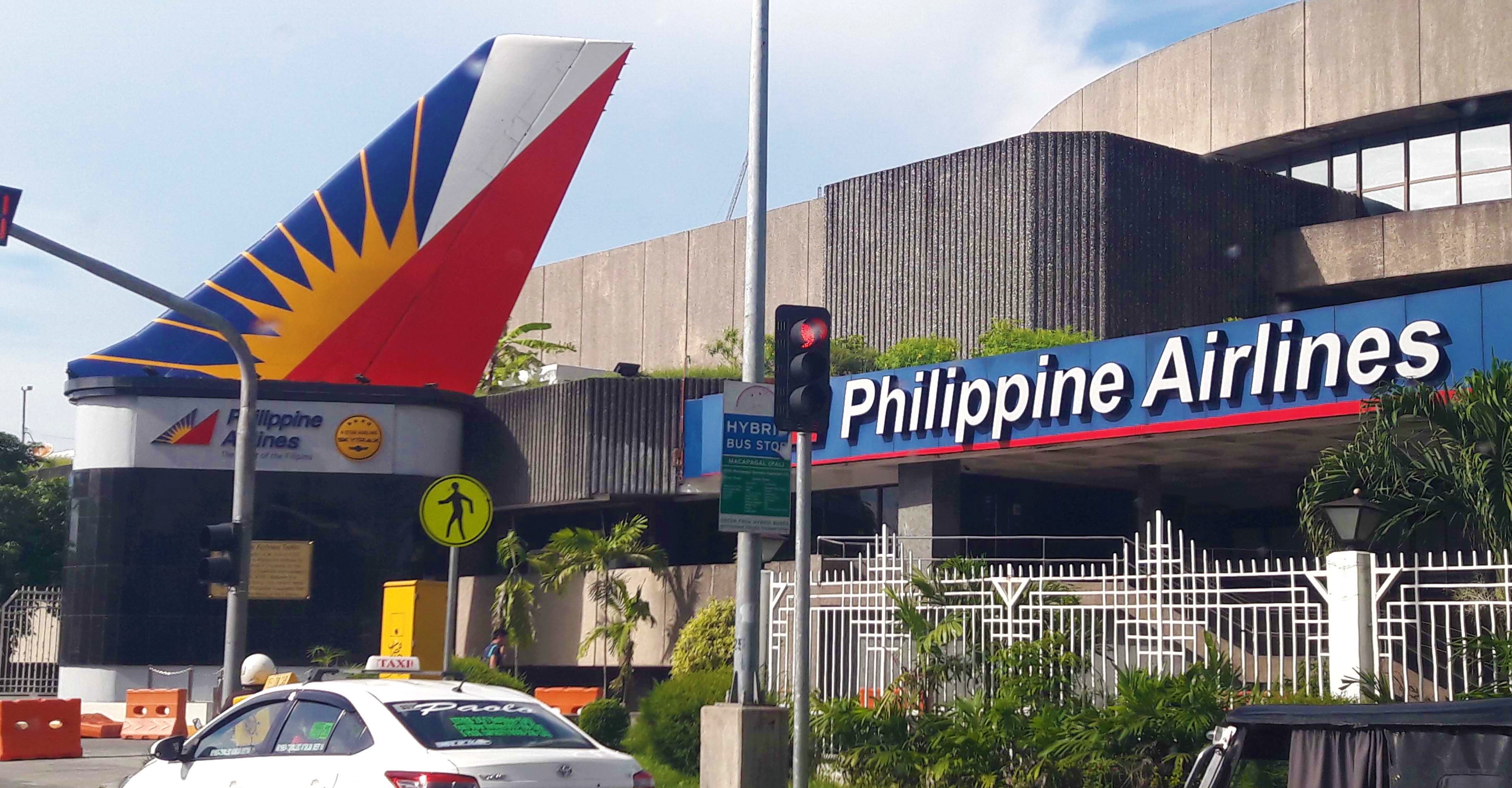


Philippine Airlines' parent company 'PAL Holdings' resumed trading at Philippine Stock Exchange on Monday following a nine-month inactivity , as the pandemic battered flag carrier seeks to restructure its business , after emerging from bankruptcy protection in December 21.
Philippine Airlines had filed for Chapter 11 bankruptcy in a New York court in September and completed the process in December 18th, when it announced that the U.S. Bankruptcy Court of the Southern District of New York has approved its Plan of Reorganization (the “Plan”).
The company returned 20 aircraft to lessors and slashed $2.1 billion in debts through restructuring . Prior Bankruptcy filing, the company had over $6 billion in liabilities and 91 aircraft and had laid off approx. 30% of its staff.
On 31st January , Philippine Airlines had named Stanley Ng, a pilot and son-in-law of the company's billionaire owner Lucio Tan, as its acting president and chief operating officer.
"We will continue to develop new all-cargo markets, removing dependence on passenger traffic as a single revenue stream," said Philippine Airlines acting president Stanley Ng during the company's 81st anniversary celebration on March 15.
PAL continues to operate flights to 32 international and 29 domestic destinations from its hubs in Manila, Cebu and Davao.
The Philippine flag carrier expects to restore more routes and increase flight frequencies to match pre-pandemic levels starting in April.
Philippine Airlines plans to expand cargo operations and introduce digital initiatives, including a mobile-first website for bookings and other services.
"Hybrid flights" is the strategy PAL wants to grow with , which will carry cargo in one direction and passengers in another using the same aircraft.
